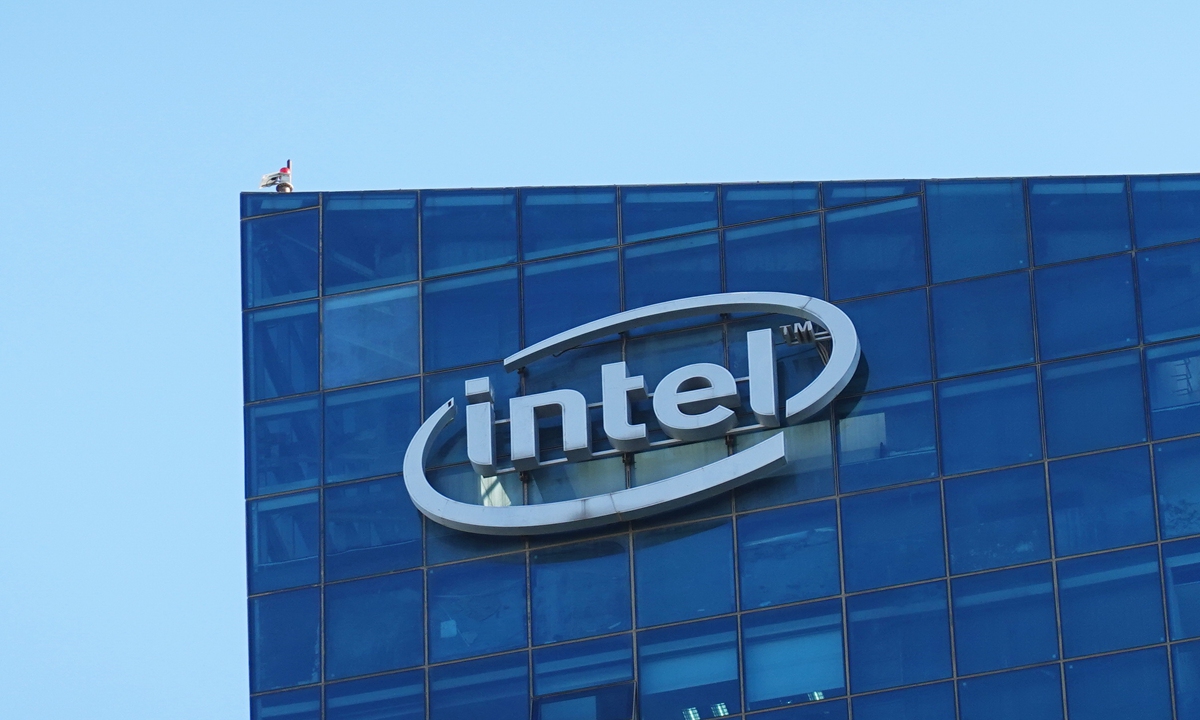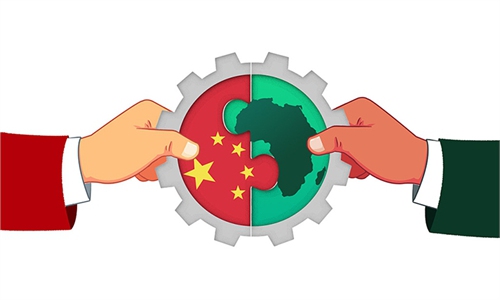Cyber Security Association of China calls for cybersecurity review of Intel products sold in China

Intel Photo: VCG
The Cyber Security Association of China on Wednesday called for the launch of a systematic review of potential cybersecurity risks in Intel products due to frequent vulnerabilities and high failure rates, in order to effectively safeguard China's national security and the legitimate rights and interests of Chinese consumers.
The association cited four reasons for the review: frequent security vulnerabilities; poor reliability, ignoring user complaints; monitoring users under the guise of remote management; endangering network and information security.
The association called for a cybersecurity review of Intel's products sold in China to effectively safeguard China's national security and the legitimate rights and interests of consumers.
On Thursday, Intel responded that as a multinational company with nearly 40 years of operation in China, it strictly adheres to local laws and regulations. "Product safety and quality are our top priorities. We continue to collaborate closely with customers and industry partners to uphold the highest standards. We will engage with relevant authorities to address any concerns and reaffirm our commitment to product safety and quality."
"Cybersecurity is a very important part of national security. Over the past few years, China has essentially established an ecosystem for governing cyberspace and maintaining cybersecurity according to the laws. Therefore, authorities can conduct, in accordance with the laws, a review of companies like Intel that have experienced multiple vulnerabilities," Liu Dingding, a veteran industry observer, told the Global Times on Wednesday.
Experts also said that China has always been committed to advancing high-level opening-up and legally protecting the rights and interests of foreign investors, on the condition that all enterprises operating in China strictly comply with relevant Chinese laws and regulations.
According to the association, in 2023, Intel central processing units (CPUs) were found to have vulnerabilities including Downfall and Reptar, which would leak sensitive data under some certain conditions.
This year, Intel CPUs have successively been exposed to have vulnerabilities such as GhostRace, NativeBHI and Indirector. The significant defects in the product quality and security management of Intel indicate its extremely irresponsible attitude toward customers.
Previously, the US government, through the "CHIPS and Science Act," unjustly excluded and suppressed China's semiconductor industry, and Intel is the biggest beneficiary of this act. Intel's CEO Patrick Gelsinger has successfully tied Intel to the US government, becoming the largest cooperative company in the US chip strategy, not only receiving $8.5 billion in direct subsidies but also $11 billion in low-interest loans.
In its financial reports, it even lists China's Taiwan region alongside China, the US and Singapore. Moreover, it has actively cut off supplies and services to Chinese companies like Huawei and ZTE, which is a typical case of "biting the hand that feeds it," the association noted.



